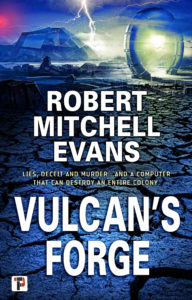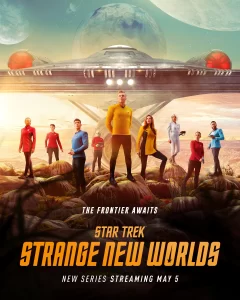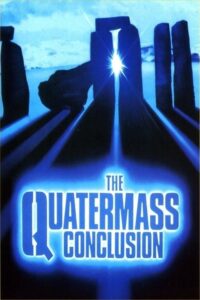Finland, 1955, following the cataclysm of the Second World War, is a country caught between the East, dominated by the Soviet Union and the West, led by the Americans NATO. After fighting two wars within 20 years with Soviets the Finns are rightfully apprehensive about their nuclear armed, expansive, and communist neighbor maintaining a knife’s edge neutrality in the freezing danger of the growing Cold War.
In this environment of lies, shadows, and covert threats the ‘Fist’ as dedicated group of Finnish Security agents conducts operations against Soviet and American intelligence agents and even against their own political parties to defend, protect, and ensure Finland’s independence.
The television series Shadow Lines is quite difficult to review and discuss in a short article because it is so dense with characters and plot lines that weave together is a tale of shadowy warfare that would have made John le Carré proud. The series’ various factions include;
- The Fist – The above-mentioned Finnish security team, with member willing to murder their own to secure Finland’s future.
- The KGB – Soviet Intelligence working in both the USSR and Finland. Itself riven by political dissentions as power struggles continue at the USSR’s highest levels.
- The CIA – working to elect, by any means within their ability, their preferred candidate to Finland Presidency, but riven with agents harboring personal secrets utterly unacceptable in 1950s.
- Rogue Soviets — The political warfare within the USSR includes officers and politicians willing to risk war defying their own leadership to seize control of Finland and its vital strategic location.
Shadow Lines is a compelling cynical and realistic espionage series. The program avoids the glitter and glam of a James Bond adventure for the dirty and ambiguous approach of realism. The technology presented isn’t the Sci-Fi of Q branch but the crude and often dysfunctional machinery of the post-war world. Characters, nearly every single one, harbors secrets and agendas that motivate them and bring them into conflict with their factions and fellow agents. While the high-level plotting of the series is about geo-politics and the gamesmanship of the Cold War the stories at the ground level are about people, their messy lives and loves, and the faults and flaws that drive them on.
Shadow Lines streams on Sundance+ and is available to purchase on VOD. We watched it via DVDs loaned from the local Library.
 .
.



 .
. .
. ..
..